Guterres urges China, US to fix 'completely dysfunctional' relationship ahead of UN summit
United Nations Secretary General Antonio Guterres has voiced concern over another potential Cold War between the United States and China, urging the world’s two major economic powers to fix their “completely dysfunctional” relationship as soon as possible.
Guterres made the remarks on Monday in an interview with The Associated Press ahead of this week’s annual UN General Assembly gathering of world leaders in New York —a convening blemished by COVID, climate concerns and contentiousness across the planet.
Guterres said Washington and Beijing should cooperate over a range of issues, including climate, trade, technology, human rights, economics, online security and sovereignty in the South China Sea.
“Unfortunately, today we only have confrontation,” the UN chief said.
He also stressed that the two powers should re-establish a functional relationship before their problems spill over even further into the rest of the world, adding that it is “essential to address the problems of vaccination, the problems of climate change and many other global challenges that cannot be solved without constructive relations within the international community and mainly among the superpowers.”
Guterres further reiterated his warning that the world may split in two, with the United States and China creating rival internets, currency, trade, financial rules “and their own zero-sum geopolitical and military strategies.”
He added that two rival geopolitical and military strategies would pose “dangers” and divide the world, stressing the foundering relationship must be repaired soon.
“We need to avoid at all cost a Cold War that would be different from the past one, and probably more dangerous and more difficult to manage,” Guterres said, adding that a new war would be more perilous.
He pointed out that during the Cold War, both sides were conscious of the risk of nuclear destruction and that produced back channels and forums “to guarantee that things would not get out of control.”
“Now, today, everything is more fluid, and even the experience that existed in the past to manage crisis is no longer there,” Guterres said.
US-China relations have grown increasingly tense in recent years, with the world’s two largest economies clashing over a range of issues, including trade, Chinese Taipei (Taiwan), Hong Kong, military activities in the South China Sea as well as the origins of the new coronavirus.
Guterres further noted that the new Indio-Pacific security alliance between the US, Britain and Australia, known as AUKUS, which has angered China and France, “is just one small piece of a more complex puzzle ... this completely dysfunctional relationship between China and the United States.”
On Wednesday, the US, Britain and Australia established a security partnership for the Indo-Pacific to protect their shared interests and help Canberra acquire nuclear-powered submarines.
The development came as Washington and its allies are looking for ways to push back against China’s growing power and influence in the region.
China and France have denounced the pact, with Beijing accusing the three powers of intensifying an arms race in the region and Paris calling it “a knife in the back.”
France had its own deal with Australia, concluded in 2016, for conventional, less technologically sophisticated submarines. That $66 billion deal is now defunct.
Elsewhere in his remarks, Guterres addressed three major issues that world leaders will be confronting this week -- the worsening climate crisis, the still-raging pandemic, and Afghanistan’s uncertain future under the new Taliban government.
The UN chief called it “a fantasy” to believe that UN involvement in Afghanistan will be able to solve all the existing problems in the war-ravaged country.
However, he said, the UN is playing a key role in leading efforts to provide humanitarian aid to Afghans, and called on the international community to engage with the Taliban due to the unclear situation in the country.
Guterres further said US President Joe Biden’s commitment to global action on climate, including rejoining the 2015 Paris Climate Agreement that former president Donald Trump withdrew from, is probably “the most important” action he could take.
He also expressed regret over the failure of countries to work together to tackle global warming and ensure that people in every country are vaccinated.
He once again urged the world’s 20 major economic powers in the G20, who failed to take united action against COVID-19 in early 2020, to create the conditions for a global vaccination plan.
Guterres also said the divide between developed countries in the north and developing countries in the south “is very dangerous for global security,” adding that “it’s very dangerous for the capacity to bring the world together to fight climate change.”
Pezeshkian to US, Europeans: You are killing women, children
VIDEO | COP29: another climate failure?
ICC issues arrest warrants for Netanyahu, Gallant for war crimes
Israeli strikes kill 88 Palestinians in northern Gaza
American voters plainly rejected complicity in Gaza genocide: Iran FM spox
ICC should issue more arrest warrants for Israeli authorities over Gaza genocide: UN expert
Israel using AI weapons co-produced by India in Gaza genocide: Report
Israel issues new evacuation orders, shortly launches strikes on southern Lebanon


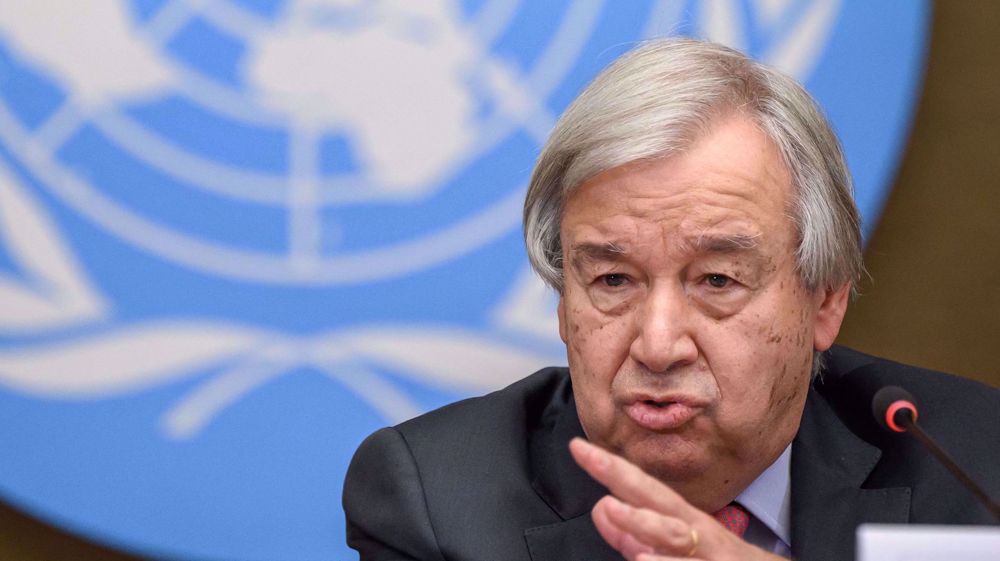
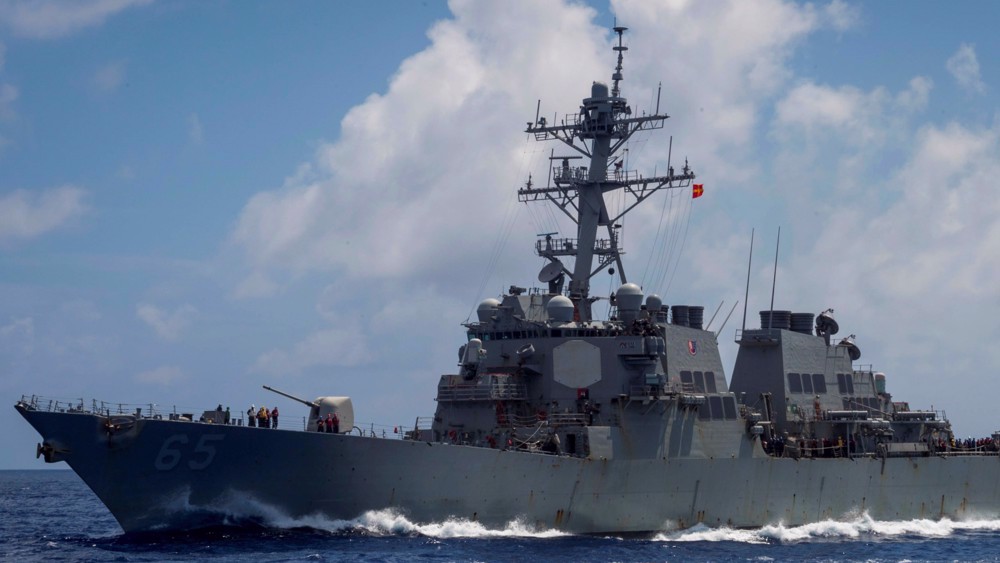
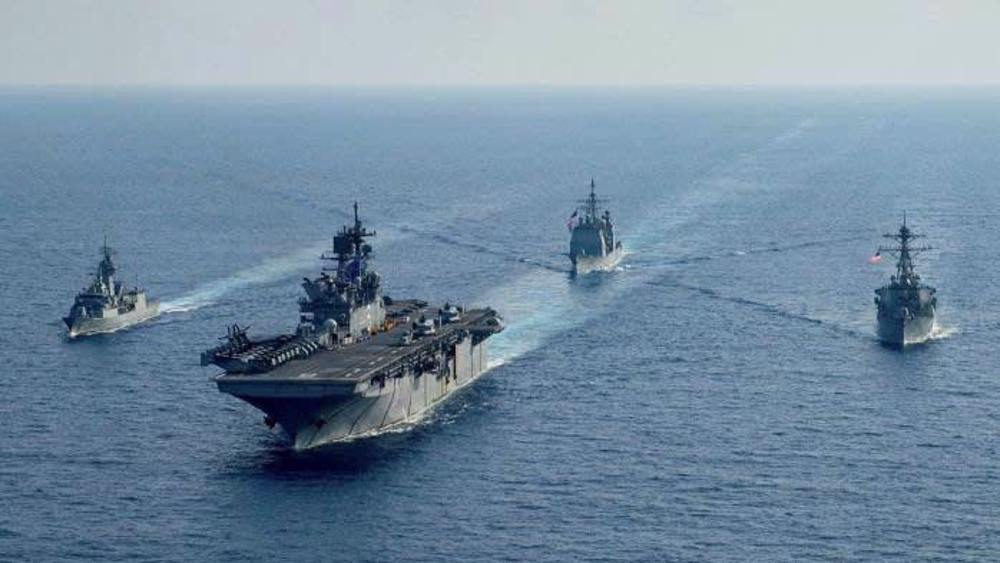
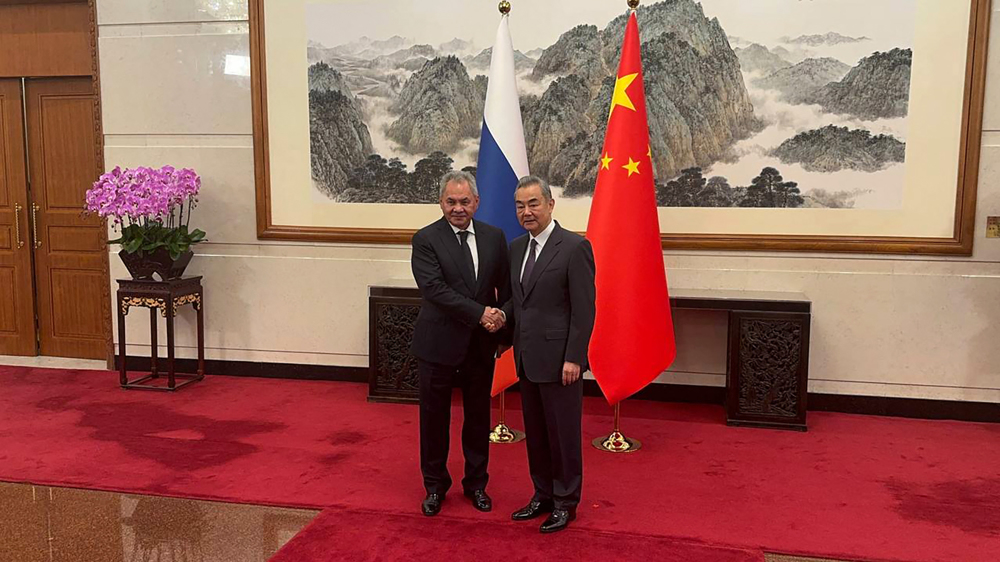
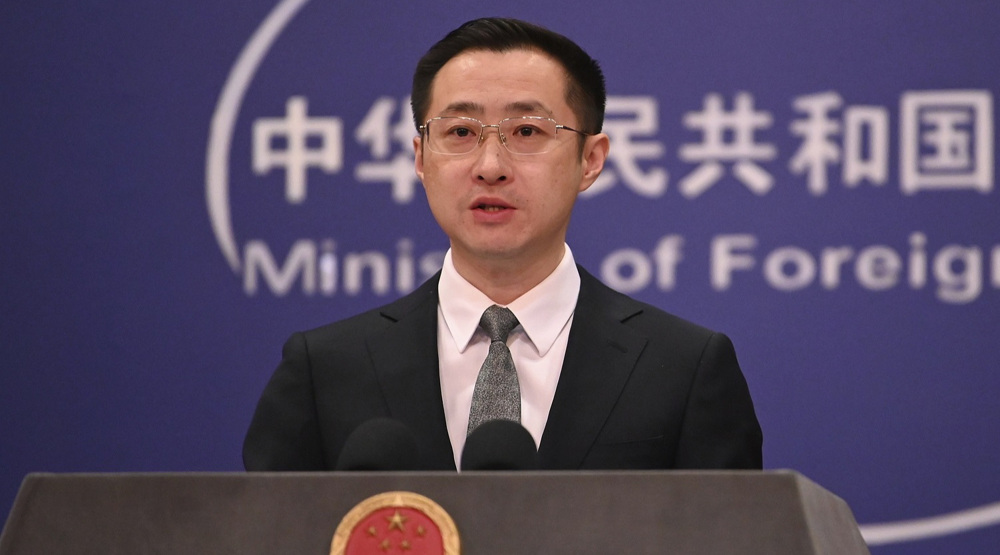
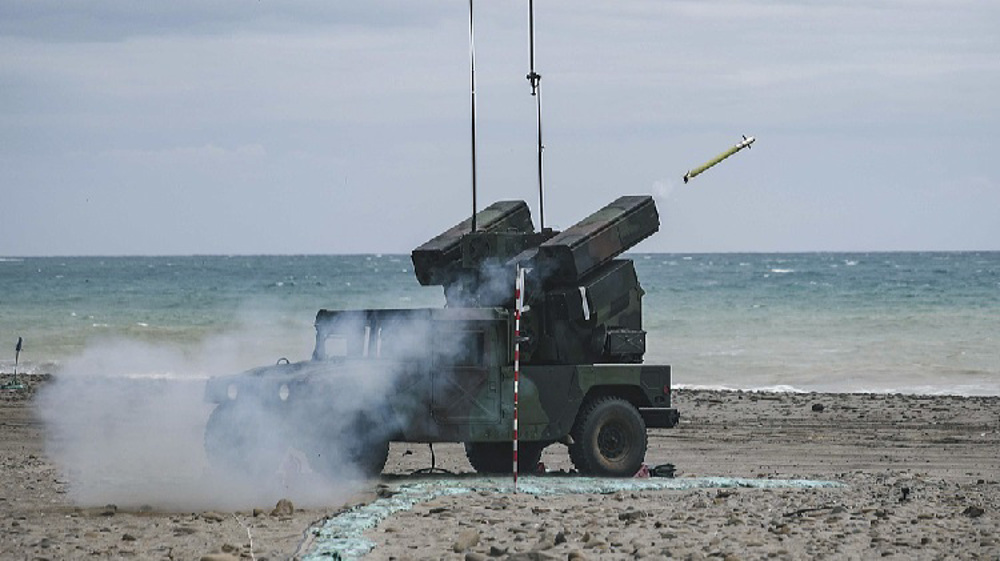



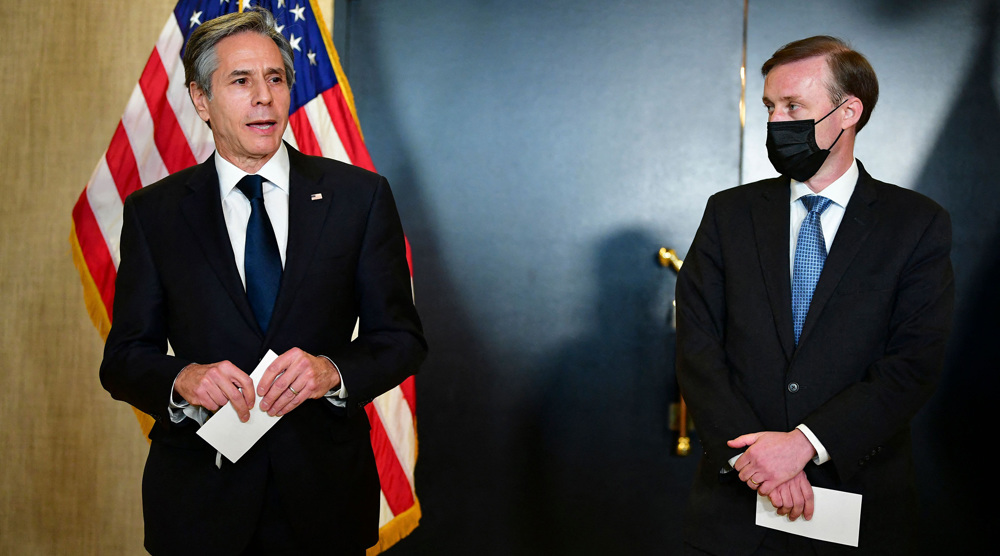
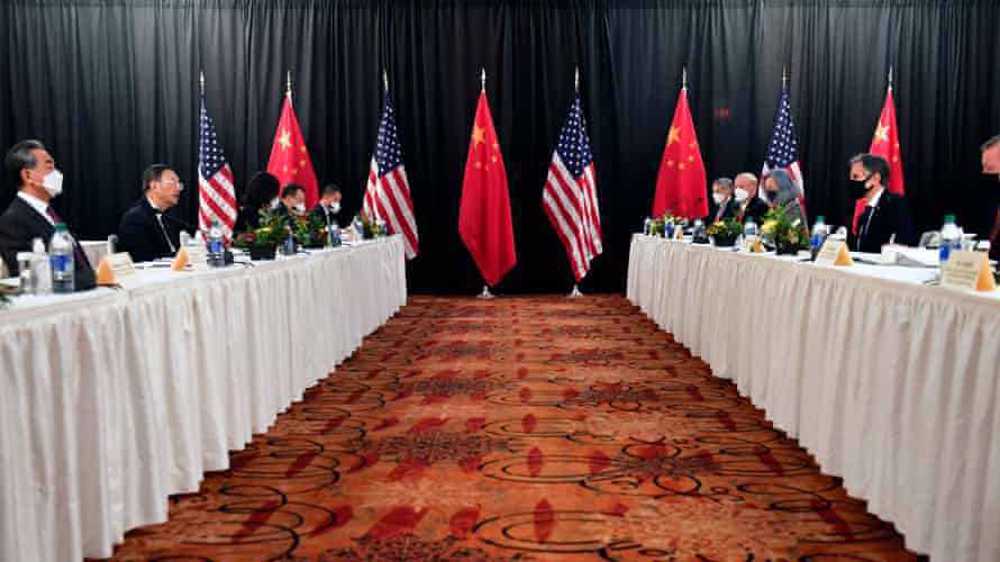

 This makes it easy to access the Press TV website
This makes it easy to access the Press TV website